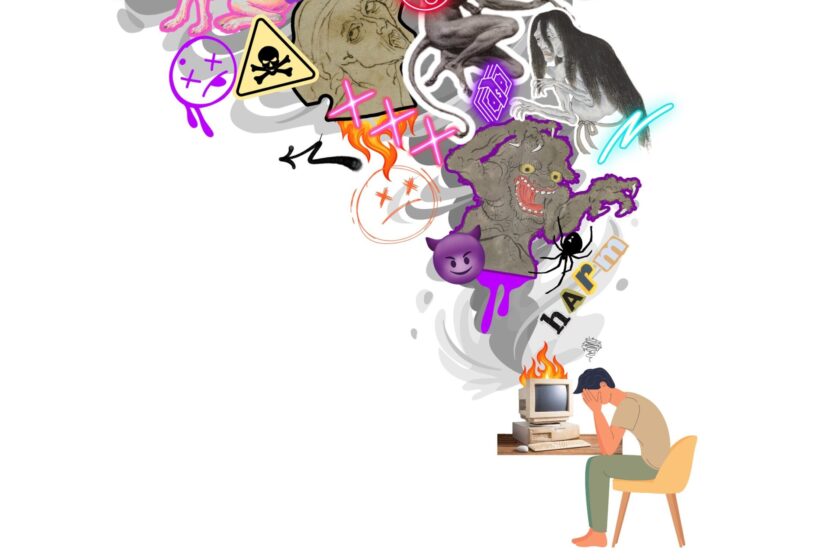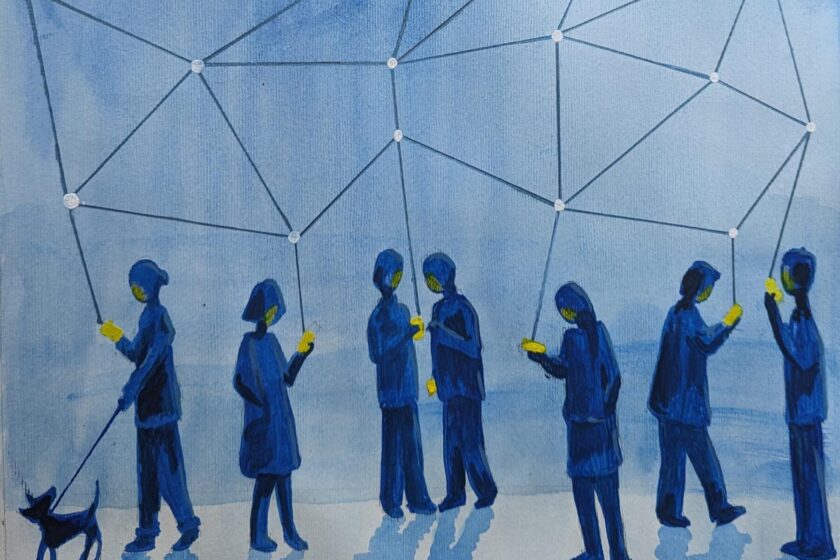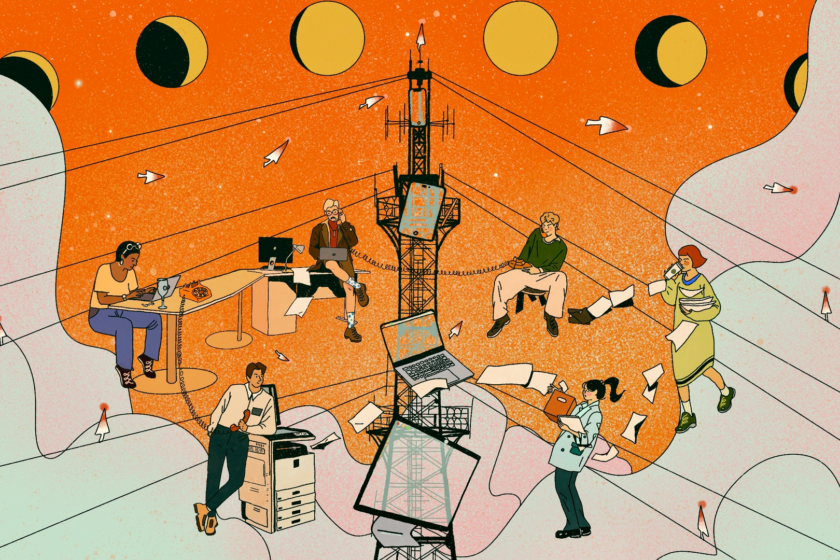The Informal Future of Transnational Digital Governance
As part of MediaWell’s video essay series on transnational digital governance, researcher Robert Gorwa describes the issues and challenges that he thinks will define the next five years — and how the models of governance that drive them are in flux.
This essay explores the rise of what Gorwa calls “informal digital governance institutions.” While transnational cooperation on digital policy has increasingly given way to confrontation over the last year, these institutions — mostly comprised of technology firms, often with civil society and sometimes government involvement — have taken on a central role, developing the standards and infrastructure to address key issues.












